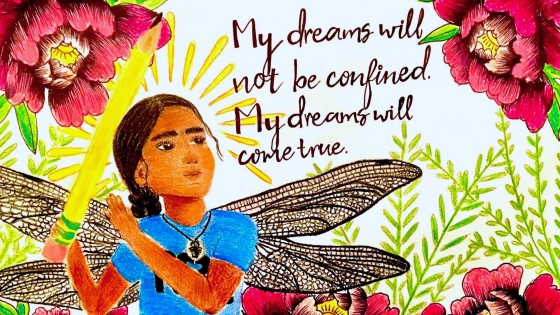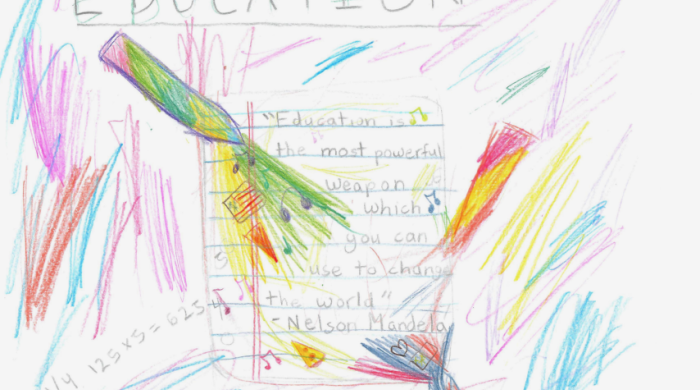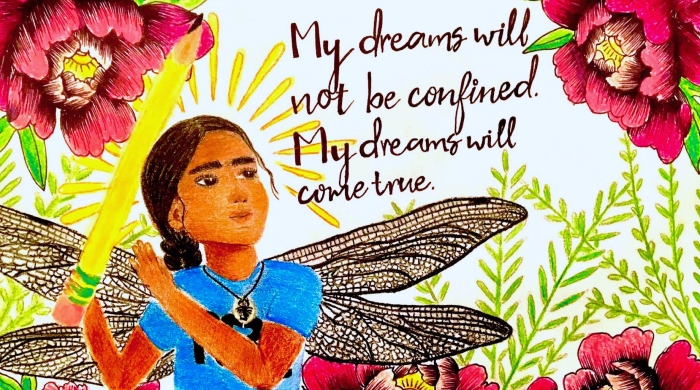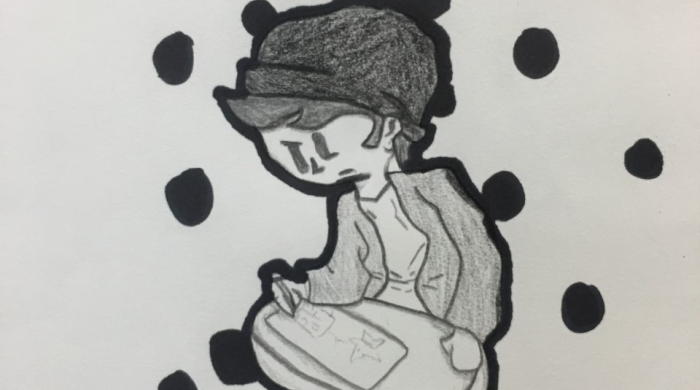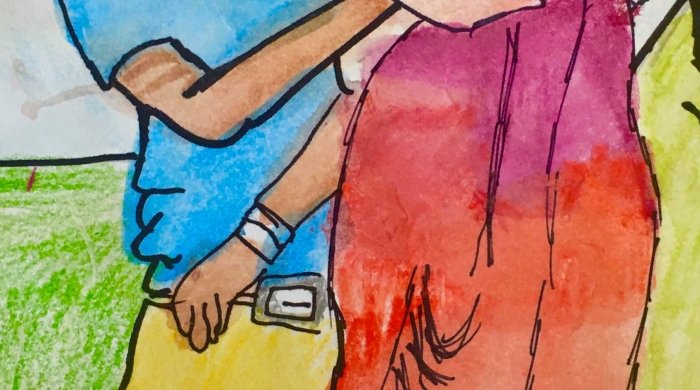Toward Agency, Abolition, and Freedom
Editor's Introduction
This new issue of Voices in Urban Education (VUE) is also cause for optimism. Part two of a two-part series on Culturally Responsive and Sustaining Education (CRSE), it features the work of practitioners, activists, and scholars sharing valuable insights on what we at the NYU Metro Center define as “student-centered learning environments that affirm cultural identities; foster positive academic outcomes; develop students’ abilities to connect across lines of difference; elevate historically marginalized voices; empower students as agents of social change; and contribute to individual student engagement, learning, growth, and achievement through the cultivation of critical thinking.
The Voice of One to the Voices of Many
In this narrative, readers will discover how curiosity about STEM, along with sufficient education, determination, and support, can impact the lives of girls, their families, and communities.
Making Up for Lost Time
A pedagogical approach that teaches to students’ strengths and connects their learning to their lives, rather than enmeshing them in remedial instruction to try to make up for lost time.
Reflecting on Pedagogy
a deconstruction of the author’s perspective as a career-changer that will deepen teachers’ understanding of education beyond the classroom and after the school day.
Today’s Student Is Tomorrow’s Leader
Where is the education curriculum that reflects and incorporates a culturally responsive and sustaining education for the children of immigrant families?
Proposed Teaching Strategies for Black and Latinx Studies in Connecticut
What constitutes effective and conscionable teaching practices for Black and Latinx studies at the classroom level?
For “KEEPS”
The KEEPS framework provides a solid foundation in CR-SE pedagogical practices and assists educators in reflecting on their teaching identities and work in the classroom.
Black Girls Negotiating Code-Switching
Implementing text and lessons about history and events of the lives of Black girls and women as well as books about and authored by Black women provides a space where Black adolescent girls can see reflections of themselves.
Black Women Leaders
Ways to improve the educational achievement of young Black women, and to put them on a pathway to a lifetime of success in their post-college trajectory.
“I Don’t Know If the Plane Has Really Landed”
This interview centers four members of the Flanbwayan Haitian Literacy Project, a community-based organization formed to promote cultural pride and biliteracy in newcomer youth.
Fighting Inequities of Design
Dr. Nelms speaks about how he, his fellow superintendents, and others have collaborated to make CR-S theory a reality in their region.
Representation and Preparation Matters
This interview highlights the lack of representation for educators of color in schools across America and explicates the importance of having education programs that are designed to develop culturally intelligent educators.
Culturally Relevant Leadership and Emancipatory Leadership
In this interview, Dr. Sonya Douglass elaborates on the liberating and emancipatory practices CR-SE offers.
Arturo Schomburg’s Place in an Antiracist Curriculum
Incorporating a study of the life and archival works of scholar Arturo Schomburg into the canon of an antiracist, culturally responsive and sustaining education curriculum
Culturally Responsive and Sustaining Classroom Practices
Research on how teachers apply CR-SE in their special education classrooms
Fishbowl Colonialism
This article explains this backlash and the resistance to Black sound culture in the classroom by exploring the colonial gaze on the Black auditory body.
Dreaming Beyond Boundaries
This paper explores Black mothering as culturally sustaining pedagogy. It also reimagines and dreams about Black children’s possibilities for learning.

